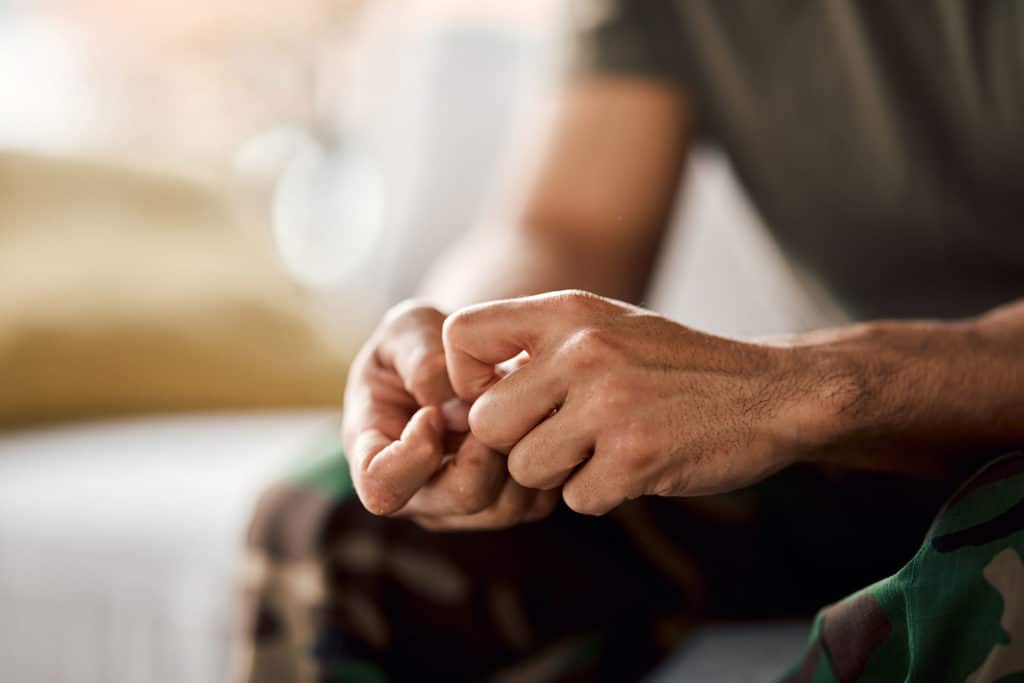If you’re about to start drug rehab, you might be wondering what your days will look like.
That’s normal. You’re stepping into something unfamiliar, so it’s okay to have questions.
The truth is, rehab isn’t only about staying away from drugs and alcohol. It’s also about building a new way of living and finding stability in your daily life.
In this article, we’ll walk you through what happens inside a treatment center day to day. We’ll also tell you how to make the most of your time there.
Whether you’re considering a program in Illinois or are already enrolled at a place like Illinois Recovery Center, knowing what to expect can help you feel more comfortable about the step you’re taking.
Table of Contents
Understanding Rehab and Addiction Treatment
For many people, the first step of addiction recovery is detox, where the body clears itself of substances in a safe, supervised environment while being cautious about withdrawal symptoms.

This phase can be physically intense, especially for those with long-term alcohol addiction or substance use disorders.
From there, most patients enter either inpatient treatment or residential treatment, where they live on-site for several weeks or months for their substance abuse treatment.
At addiction treatment centers, these programs include cognitive-behavioral therapy (CBT), group counseling, and relapse prevention planning.
What makes these programs effective isn’t just the therapy—it’s the integration of mental health care. Many people struggling with substance abuse also face depression, anxiety, trauma, or other mental health conditions. Without treating both, relapse becomes more likely. That’s why dual-diagnosis support is critical in many alcohol rehab and drug rehab programs.
In all cases, the recovery process must be supported by qualified healthcare professionals who understand the full picture.
Whether you’re entering treatment for alcohol addiction or another form of drug use, help is always available.
A Day in the Life: What to Expect in Drug Rehab
Rehab may seem intimidating at first, but the presence of daily routines makes the patients feel safe and comfortable. Here’s what a typical day in rehab may look like:
Morning Routine
At rehab, you’ll usually start your day early, maybe around 7:00 AM. There’s breakfast, hygiene, and sometimes a short meditation session to set the tone for the rest of the day. The goal here is to start the patients’ day with intention and motivation.
Therapy Sessions
The core work in any rehab center happens during therapy, and it’s either in individual or group settings.
In group therapy, you’ll meet with your peers under the supervision of a therapist to talk about shared experiences. During these meetings, patients will often talk about their triggers and progress. That helps them realize that they’re not alone, and that other people are suffering from the same symptoms.

Meanwhile, during individual counseling, you’ll have a private session with a therapist. You’ll be able to dig deeper into whatever is causing you distress, like anxiety or family issues. A lot of patients prefer individual therapy because it gives them a safe space to talk without judgment, and it often contributes a lot to the treatment plan.
Aside from group therapy and individual counseling, any treatment facility will also include family therapy, where your loved ones are included in some sessions. Sometimes, these sessions are essential to rebuild trust with family members and get them educated about your treatment options.
Recreation and Wellness Activities
A rehab inpatient program isn’t all about therapy and community time. You’ll also be able to do some recreational activities, like walking, jogging, or yoga. The purpose of doing these is to help you reduce stress and feel pleasure again without depending on drugs for it.
Yoga, for example, also involves meditation, which improves behavioral health and supports your overall well-being.
Peer Support and Community Time
In most rehab treatment programs, there’s time for 12-step programs and community hangouts. That’s essential for the patients in outpatient treatment to get to know each other and find people on the same journey.
Patients who manage to make good relationships in rehab often stay in contact after it ends, and they become each other’s support systems.
Dinner and Reflection Time
Most rehab programs end the day with a reflection activity or journaling time. It’s a way to get the patients relaxed in the evening, and at the same time, reflect on their progress and how far they’d come.
Evenings also mean dinner time, and then it’s time to rest. Rehabs often have a curfew for sleeping to make sure everyone is getting enough sleep. Inadequate rest times can have adverse effects on the recovery journey.
The Emotional and Mental Transformation in Rehab
Change in rehab isn’t instant, so it’s important to keep your expectations regulated.

At first, you might feel resistant or numb, but over time, you’ll begin to feel shifts in your mood. With the help of inpatient rehab and honest connection with others, whether your peers or your therapist, you might start letting go of the guilt you’ve been carrying for a long time.
You’ll also feel heard, which helps ease the feeling of isolation that most people recovering from drugs suffer from. Over time, you’ll start feeling proud of yourself, and you’ll learn how to manage your cravings.
The transformation in rehab facilities takes some time to happen and happens in small steps. But in the end, you’ll look back and see how far you’ve come.
How to Succeed in Rehab: Tips to Make the Most of It
While some people view rehab as a punishment, it’s actually far from that. It’s an opportunity for a fresh start, and to make the most of it, you have to keep some tips in mind:
Be Honest
A lot of people suffering from drug addiction get used to lying, especially to everyone close to them. Some lie to get money for the drugs, and others lie about their whereabouts.
To make the most of rehab, you should ditch lying and start being honest with yourself and those around you, especially your therapist and peers.
It’s okay not to have it all figured out at first, but it’s essential to stop pretending and start being honest about what you’re feeling.
Build Connections
You don’t have to isolate yourself in rehab. It’s okay to say hi, ask questions, or even share your story. The more you connect, the stronger your support network becomes, which is essential for post-rehab relapse prevention.
Show Up and Participate
Even if the group sessions aren’t mandatory, don’t skip them, and don’t sit quietly. Even if it’s uncomfortable, getting out of your comfort zone and participating helps you feel heard and grow. Not to mention, it can help you find people you can relate to.

Journal Daily
Journaling is an integral part of rehab programs and post-rehab coping mechanisms. Writing your thoughts is always better than keeping them locked in your head. It reduces stress and helps you manage overthinking because seeing your thoughts written helps you process them better.
Journaling daily will help you track your mood and understand your triggers better. It’ll also help you document your small wins.
Develop a Growth Mindset
While in rehab, you should remember that healing isn’t linear and mistakes don’t necessarily mean failure. Stay open to criticism and keep being kind to yourself.
Rehab is only the start of a long-term process, so you shouldn’t feel like you’re competing and that you might fail. There’s no failing when you’re actively trying to become better and reach full recovery.
Curious About What Rehab Is Really Like?
Whether you’re considering treatment for yourself or a loved one, Illinois Recovery Center is here to answer your questions and guide you through every step of the process.
(888) 472-5004Speak with someone who understands. No pressure—just honest answers.
What Happens After Rehab?
Finishing your rehab program isn’t the end of your recovery journey, but rather the beginning of the next phase.
After treatment, you may be directed to a sober living home or an outpatient therapy program, depending on your condition.
At places like Illinois Recovery Center, aftercare is an integral part of the treatment plan, where you’ll likely work with your team to set up therapy sessions and support groups.
The post-rehab transition may be hard because you’re trying to find structure, but a solid support system and a relapse prevention plan make it easier.
Final Thoughts
Beginning rehab isn’t a fix-it-all, but it’s a right step forward. If you’ve decided to enter treatment, you’re making a smart, self-aware choice to deal with something that’s been controlling your life for too long.
You might not feel ready, and that’s okay. Most people don’t. What matters is showing up and staying open, especially on the days that feel uncomfortable. Those are often the days when the real work happens.
Rehab is about understanding yourself better and learning to manage challenges in healthier ways.
At Illinois Recovery Center, the process is supported by people who know what they’re doing, whether it’s therapists, staff members, or peers.



